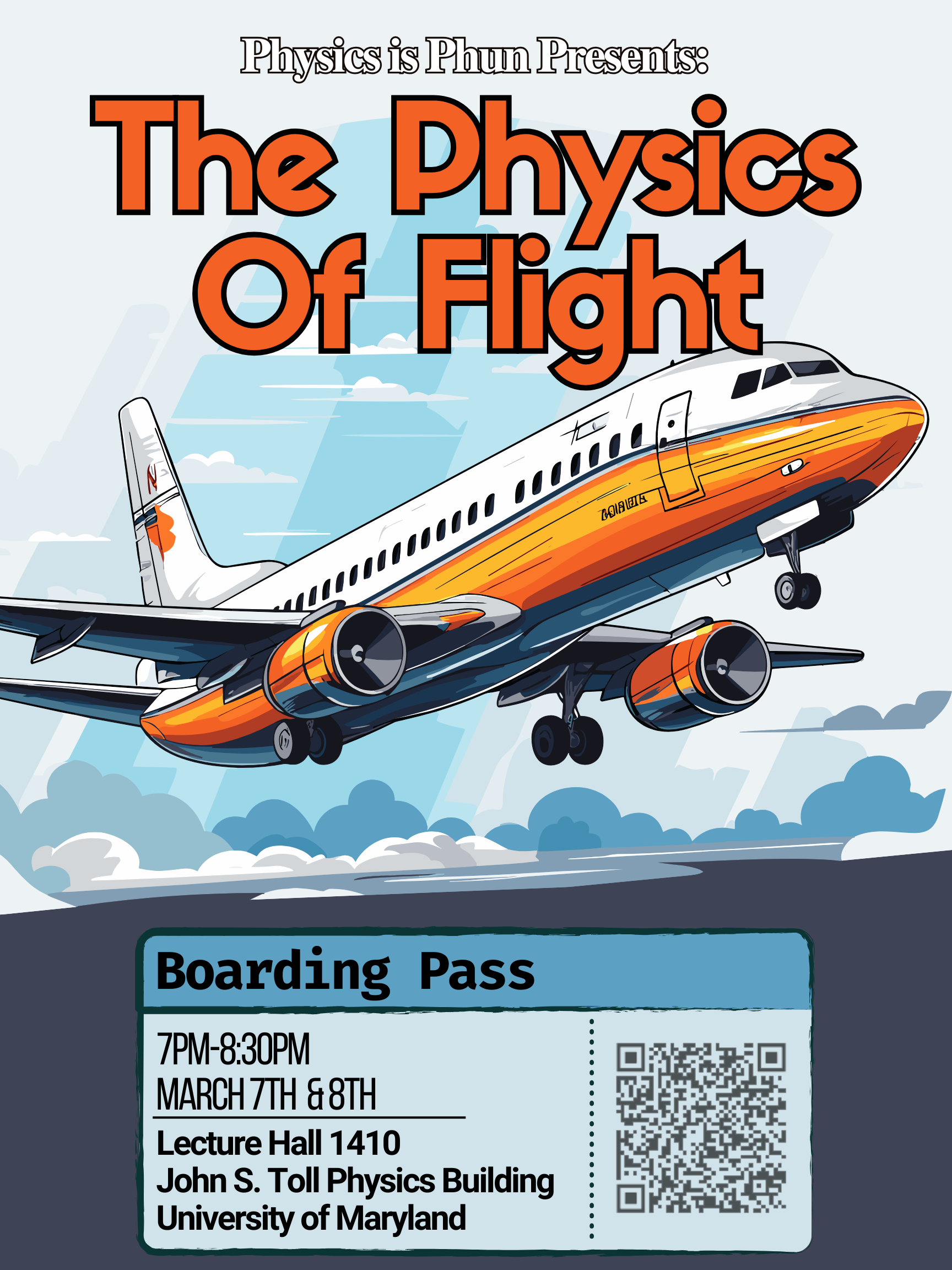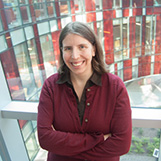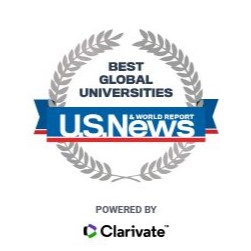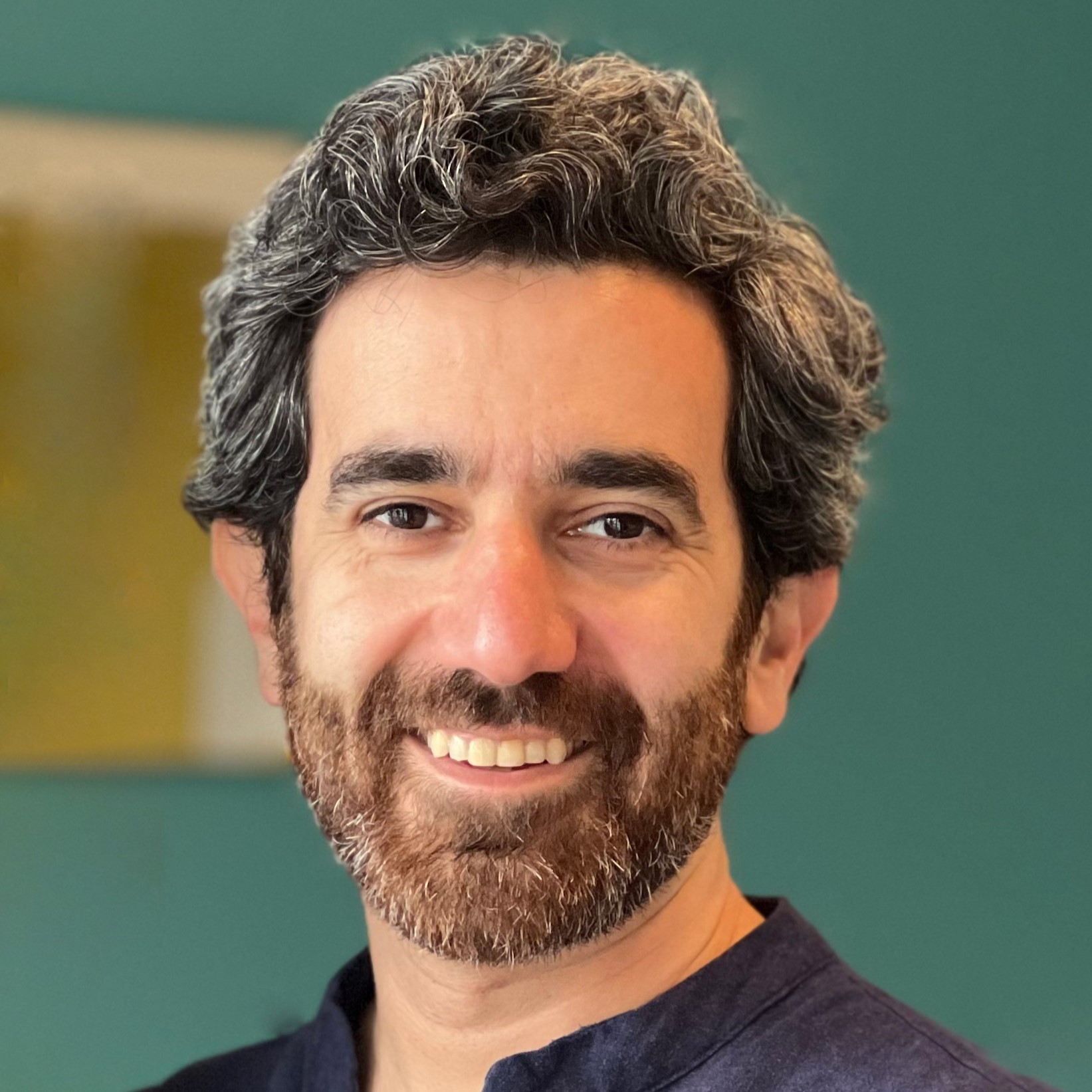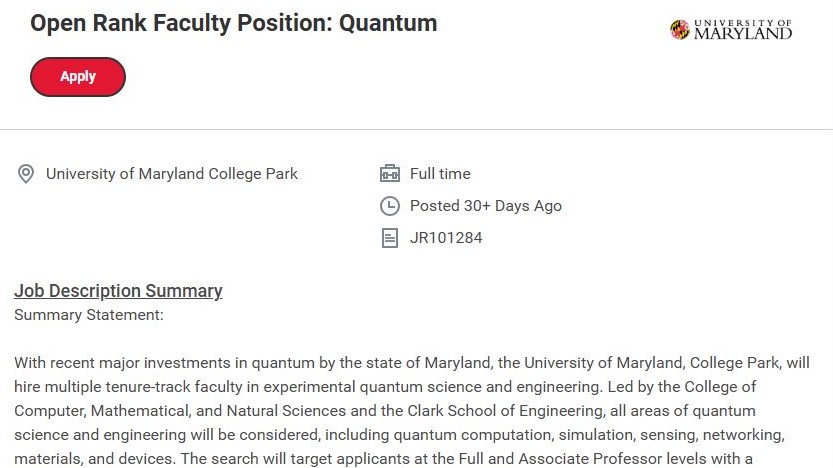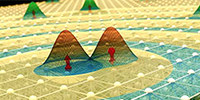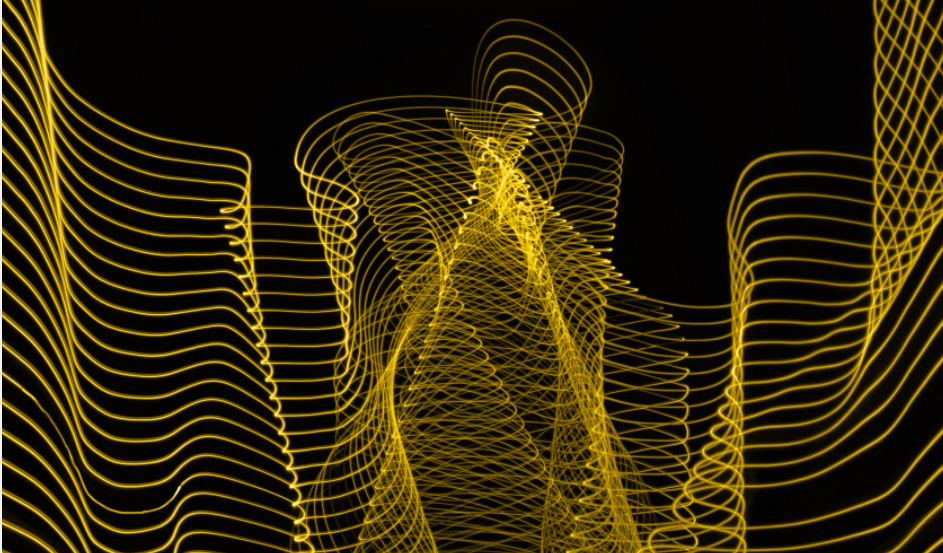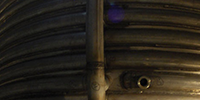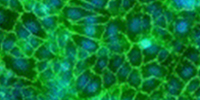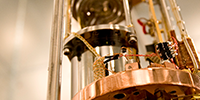October 5, 2010
Currently oil and natural gas constitute more than 60% of the world’s energy supply. A growing world population and growing industrialization will require significantly greater oil and natural gas production over the next few decades. This talk will give brief overviews of demand forecasts, petroleum geology, petrophysics, drilling operations, and how to drill complex well trajectories. Contrary to popular opinion, drilling is a high tech activity. Several examples show how physics is applied to the search for hydrocarbons during the drilling. Sophisticated instruments are built into drill collars and measure the subsurface properties just behind the drill bit. Electromagnetic propagation, Compton scattering, neutron scattering, nuclear spectroscopy, and magnetic resonance are some of the common measurements made while drilling. The hostile drilling environment (high temperatures, high pressures, high shock levels) create challenging problems for the physicist and engineer.
Bio
Brian Clark has a B.S. in mathematics and physics from Ohio State University, and M.A. and Ph.D. degrees in physics from Harvard University. He was an Instructor and Assistant Professor of Physics at Brandeis University, where his research concerned positronium. Since joining Schlumberger in 1979, Dr. Clark has held various scientific, technical and management jobs, including Research Scientist, Vice President and Director of Research, Vice President - Technology Center Manager, and Schlumberger Fellow. (Schlumberger is the world’s foremost oil field service company, providing technology, project management, and information solutions to the oil and gas industry.) Dr. Clark has received more than 65 U.S. patents on oil field technology and was named “2002 Texas Inventor of the Year”. He also received the 1996 “Formation Evaluation Award” from the Society of Petroleum Engineers for his role in developing measurement while drilling technology. He was recently elected to the National Academy of Engineering and elected to The Academy of Medicine, Engineering, and Science of Texas in 2010. Dr. Clark has served on the Governing Board of the American Institute of Physics, and the Board of Directors of the Research Partnership to Secure Energy for America. He is a member of the U.S. National Committee of the World Petroleum Council. He is also a member of the Corporate Associates Advisory Committee of the AIP, and has served on the APS Panel on Public Affairs.
-------------------------------------------------------------------------------------------------------------------------------------------------------------------------------------------------
Colloquia are held Tuesdays in Room 1410 at 4:00 pm (preceded by light refreshments at 3:30). If you have additional questions, please call 301-405-5946.







